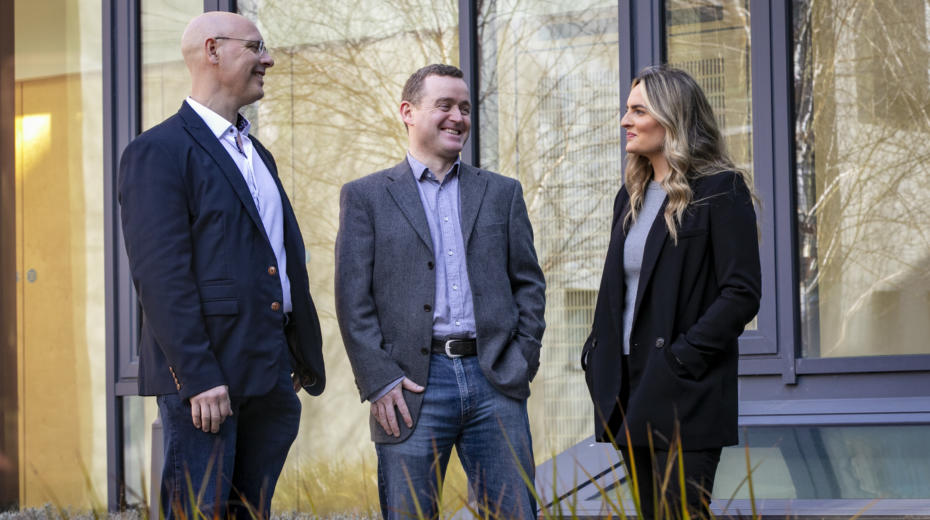
FourTheorem secures exclusive access to AI software resources from DCU, Lero project
Software company fourTheorem has secured exclusive access to a project on the application of AI in software architectural transformation developed by Dublin City University and Lero, the Science Foundation Ireland Research Centre for Software. Using its access to the IP, fourTheorem will be able to commercialise all Future Software Systems Architectures (FSSA) project output.
The programme ‘Fission’ examined the application of AI to software architectural transformation, notably in microservices extraction from monolith-based architectures. The consortium behind the FSSA project, led by fourTheorem and directed by Dr Paul Clarke and the late Prof Rory O’Connor, comprised leading-edge researchers from DCU and Lero. Dr Andrew McCarren from DCU and Insight, the Science Foundation Ireland Research Centre for Data Analytics, was co-Principal Investigator on the research programme.
Established to embrace the disruption of serverless computing, the FSSA project was jointly funded – to a total of €2.1 million – by fourTheorem and the Disruptive Technology Innovation Fund (DTIF), a €500 million challenge-based fund.
The project set out to address a vital issue in the world’s software market: How to reduce the risks and costs associated with migrating existing ICT systems to modern, microservices-based architectures – traditionally a manual, expensive and error-prone process.
Over the past three years, FSSA researchers have built a Machine Learning-based Automatic Architectural System that systematically identifies and extracts services from monolithic architectures. ‘Fission’ significantly cuts the time and risk associated with transforming to a modern cloud architecture.
FourTheorem CEO Peter Elger said: “As we enter the next wave of cloud-based software, more and more companies wish to migrate from their traditional software architecture to serverless microservices to benefit from reduced costs and increased scalability and agility. However, untangling such monolithic systems can be a complex, time-consuming process that often carries significant associated risks – for most, the biggest fear factor is knowing where to start without risking the entire system grinding to a halt because of unidentified dependencies.
“With Fission, we can rapidly accelerate the uncoupling of structures and dependencies within existing monolithic platforms – saving our clients time, money, and crucially, de-risking those first steps away from the monolith environment into a microservices and serverless future.”
Dr Paul Clarke of Lero at DCU and director of the FSSA project, added: “Evaluations to date indicate that this technology can radically reduce the time and cost associated with software architectural transformation. Since Fission incorporates so many data capture points, including detailed internal system run time information, the risk of service judgement error is also significantly reduced.
“All that wonderful technology aside, it has simply been a great project to work on, and the fourTheorem team have been beyond excellent as partners, bringing an impressive combination of experience, ingenuity, and productivity to the project.”
TechCentral Reporters





Subscribers 0
Fans 0
Followers 0
Followers